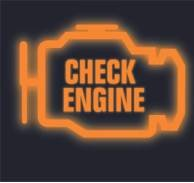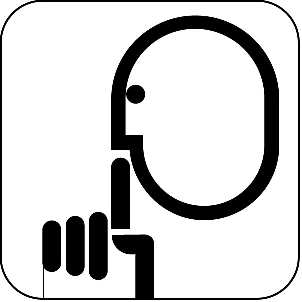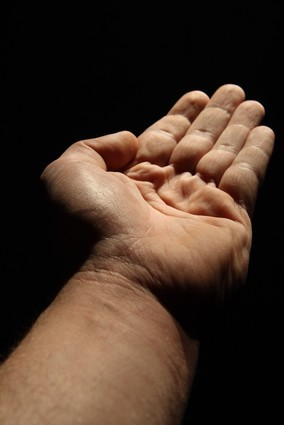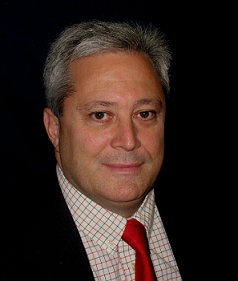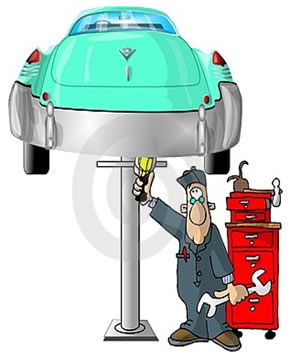
I was driving to work the other day when the engine heat indicator alarm went off on my dash board. Not being a car genius, but knowing enough to know I should see an expert that deals with engine problems I promptly pulled over and into the nearest auto garage. I explained to the mechanic that the engine heat alarm went off and he asked me to pop the hood so he could take a look.
“Wow, this engine is burning up” he explained to me as he held his hand over the engine block. “Thank goodness you pulled in here. You got here just in time – I can help you.”
He took out his tape measure, and extended it across and over the engine then quickly disappeared into his garage.
A few moments later he returned to my car carrying a huge piece of foam which he placed over the engine block. He then carefully pushed the edges down so the foam fit snuggly over the entire engine.
Slamming the hood down over the foam he instructed me to start the car up again and give er a try.
I started the car and walked back out to join him at the front of the car.
“See, no more heat” pointing me to place my hand next to his as he held it over the hood.
Sure enough – I didn’t feel any heat. Wow, this guy was good.
I completed my drive to work (for some reason the engine heat indicator was still going off, but I’m sure it will be fine, I mean I saw an expert who took care of the heat) where I told a co-worker of my pit stop at the garage. He quickly told me that I was an idiot and got ripped off by the mechanic as he never took care of the problem but instead, simply just covered it up.
“What do you mean?” I asked somewhat angered.
“Hold on one second – let me take care of this athlete and we’ll talk,” he explained pointing to an athlete on a treatment table.
He turned to the athlete and as he began discussing the athlete’s course of treatment I suddenly felt as though I was back at the mechanics…..
“Ok Johnny, so you’ve been really running up the miles and now your knee is hurting, you can tell it’s not doing well by the swelling around your knee cap and how warm it is. Let’s get some ice and e-stim on that right away, thank goodness you came in to see me, any later you could have really been in some trouble. A couple of treatments of ice and e-stim and you’ll be good to go”
____________________________________________________________________________________
I joke about this story with friends now because I was once the car mechanic. Not in a malicious cheating way – I just didn’t know how to solve the PROBLEM so I did my very best to help alleviate the symptoms – NSAIDS, ice, massage – kids felt better and I felt good about helping them. That is until they returned with the same problem again and again.
Solving problems is tough. It requires an investment of time and a little bit of extra effort. The plus side however is that once you’ve solved the problem, you’ll end up actually having more time on your hands because you won’t have patients returning with engine failure time and time again.
Art Horne is the Coordinator of Care and Strength & Conditioning Coach for the Men’s Basketball Team at Northeastern University, Boston MA. He can be reached at a.horne@neu.edu.
